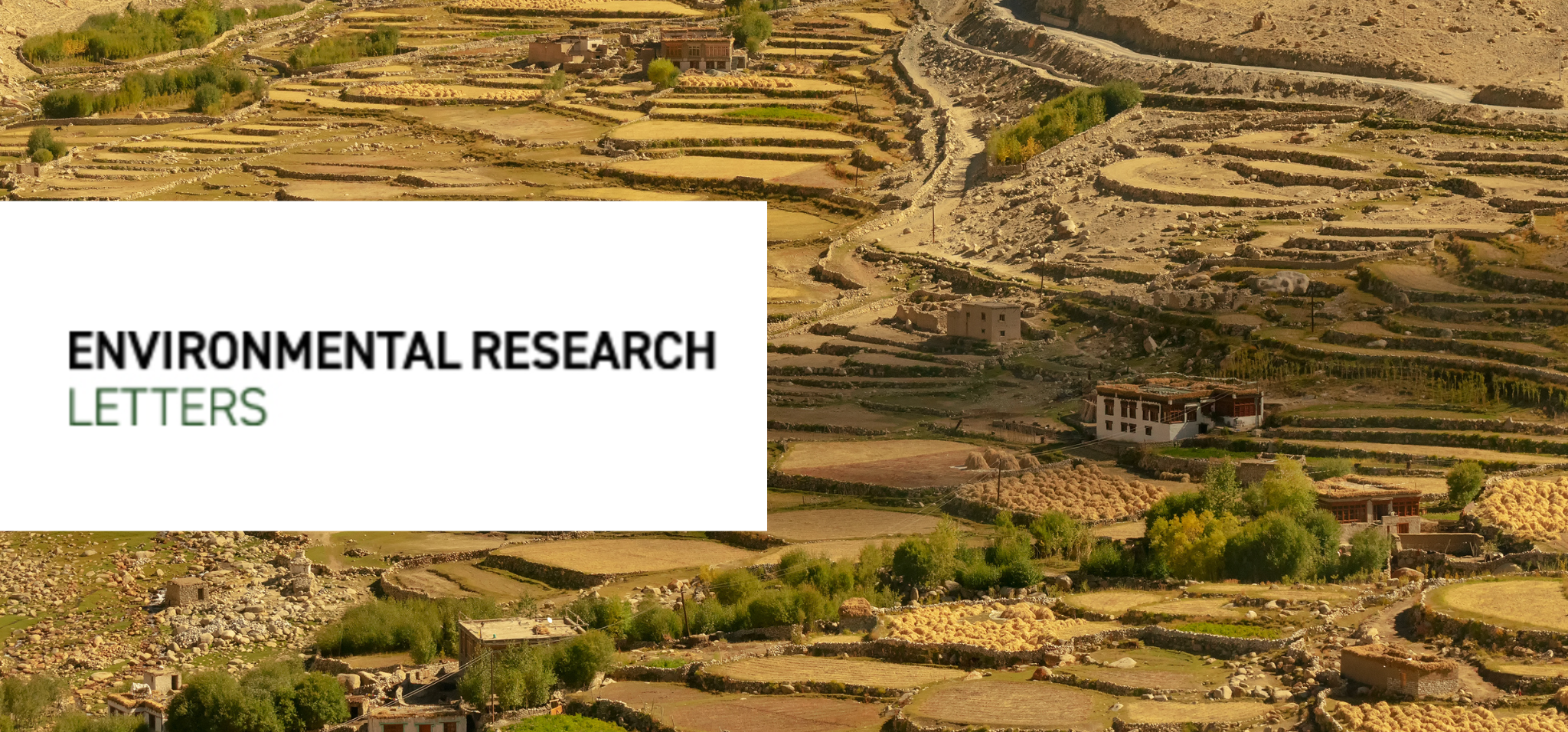
The latest paper led by FABLE India and the PIK MAgPIE modelling team has been published in Environmental Research Letters.
Authors: Chandan Kumar Jha, Vartika Singh, Miodrag Stevanović, Jan Philipp Dietrich, Aline Mosnier, Isabelle Weindl, Alexander Popp, Guido Schmidt Traub, Ranjan Kumar Ghosh and Hermann Lotze-Campen.
Abstract
In a first for India, the study reviews multiple options to sustain food and land use systems through a geo-spatial integrated partial equilibrium model. It builds three data-driven scenarios that combine globally validated Shared Socioeconomic Pathways (SSPs) with additional settings on nutritionally secure diets and other climate mitigation strategies.
Results from this novel detailed analysis indicate that shifting to healthier plant-based diets, improving the efficiency of the livestock production system, lowering fertilizer use, and achieving high yields through sustainable intensification can reduce GHG emissions from the food and land use sectors by up to 80% by 2050 for India.
The insights can be very useful in developing a policy framework that would be required to ensure India sets itself on the path of sustainable food production for future generations. The study also informs on how India can meet its international commitments on climate and SDGs with respect to food and agricultural transformations."